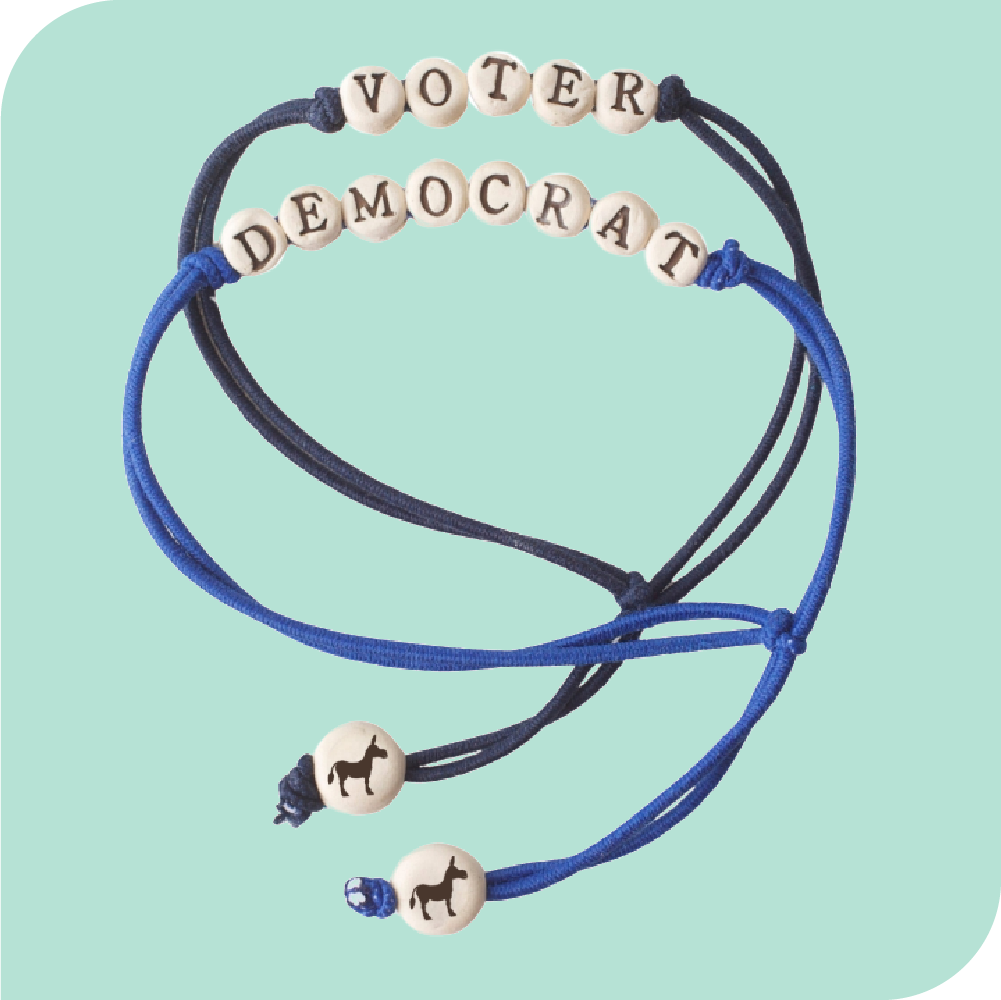
We are the Democratic Party 极速赛车一分钟历史记录查询全面的一级方程式统计数据+168数据记录查询、1分钟赛程走势图详细分析、75秒赛车圈速对比、积分榜极速体彩、比赛结果等内容。.
168极速记录赛车号码官网 极速一分钟直播赛车结果查看 极速赛车168综合走势图 rolling up our sleeves and organizing for a brighter, more equal future. Together, we will elect Democrats up and down the ballot. Sign up to get the latest.







